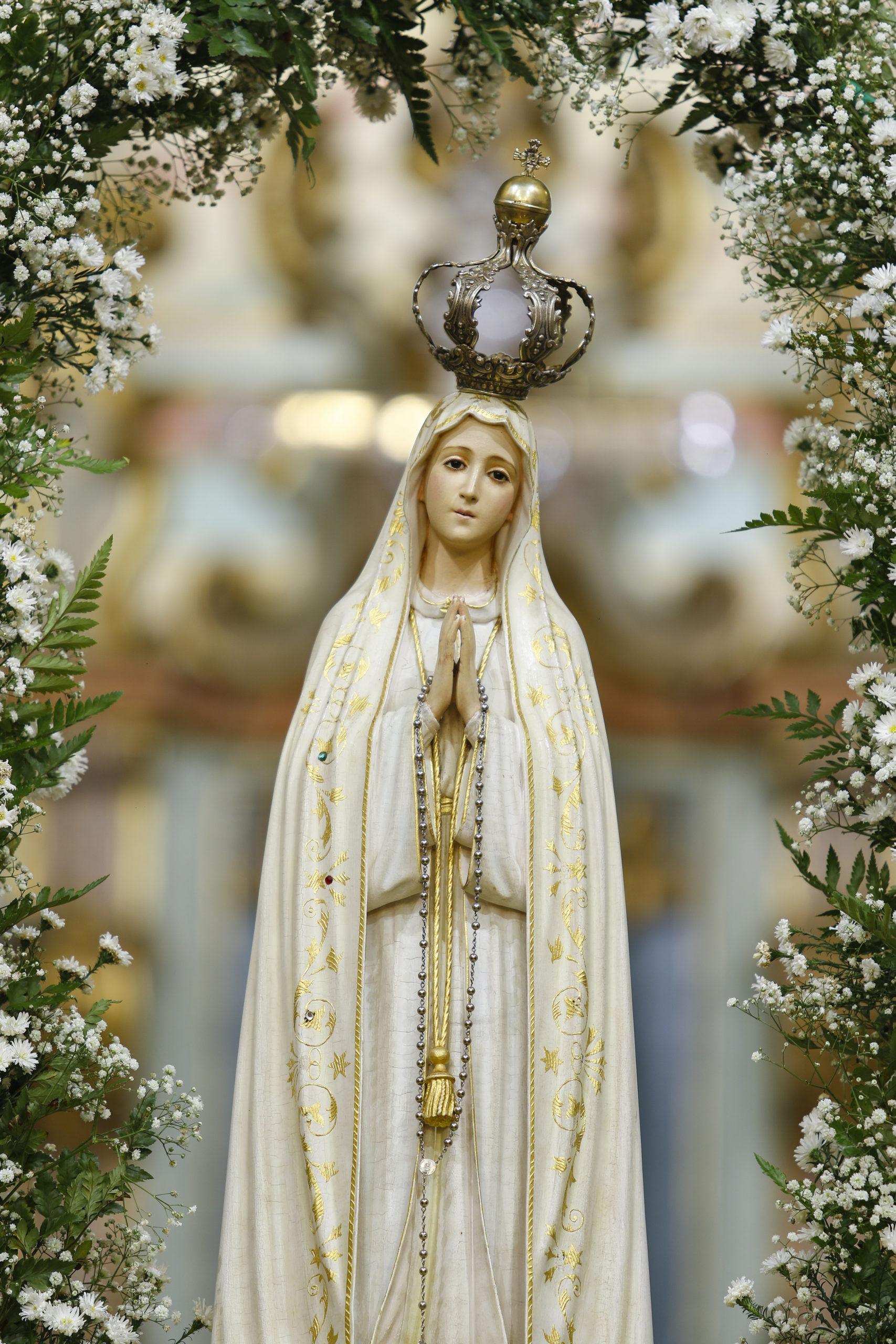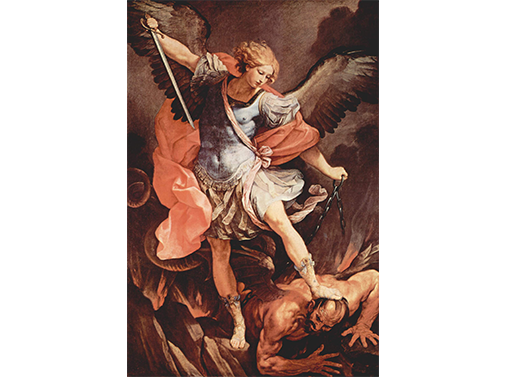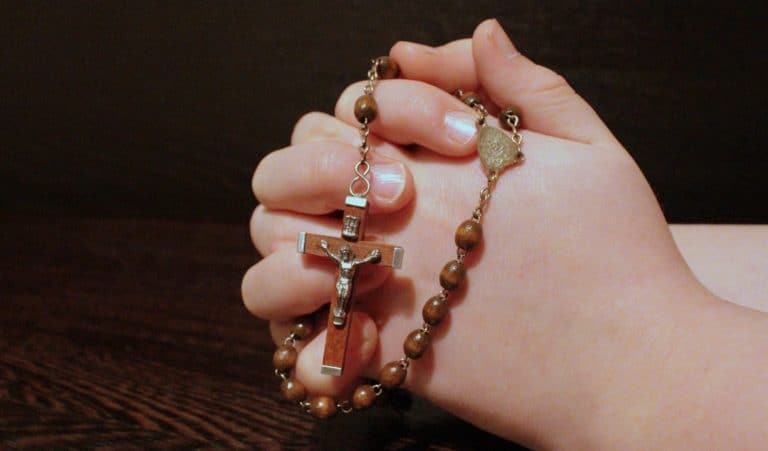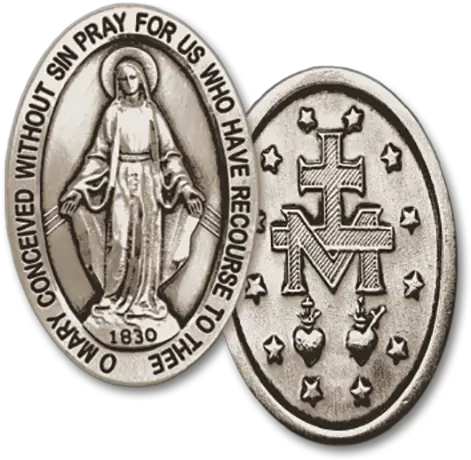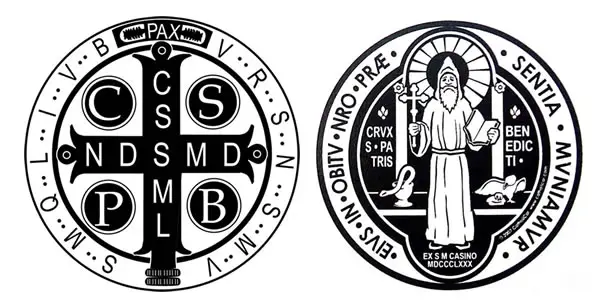Why First Five Saturday Devotion Matters: A Sacred Guide to Mary’s Heart!
Saturday is held as a special devotion to the Blessed Virgin Mary, however the First Five Saturdays pay particular attention and devotion to the Immaculate Heart of Mary as requested in Fatima 1917. Indeed, the First Saturday devotion represents more than just a religious practice – it serves as a direct response to Mary’s request at Fatima for the sins committed against the Immaculate Heart of Mary and a source of reparation.
This sacred tradition, deeply rooted in the Fatima apparitions, carries significant meaning for faithful Catholics worldwide. The practice encompasses specific elements including confession, communion, Rosary and meditation on the mysteries of the Rosary. 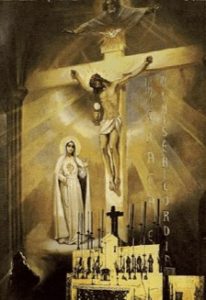
In this comprehensive guide, we’ll explore the origins, the reasons for the First Five Saturdays and what each of these mean.
What are the Origins of First Saturday Devotion?
The sacred tradition of First Saturday devotion traces its roots to the early 1890s, when Pope Leo XIII granted a plenary indulgence to faithful Catholics who dedicated fifteen consecutive Saturdays to Our Lady of the Rosary. Subsequently, Pope St. Pius X expanded this devotion by granting indulgences for twelve First Saturdays.
The devotion gained profound significance through the Fatima apparitions of 1917. On July 13, 1917, Our Lady appeared to three shepherd children—Lucia dos Santos, Francisco Marto, and Jacinta Marto—revealing her intention to request special Saturday prayers. During this apparition, she showed the children a vision of hell and spoke about establishing devotion to her Immaculate Heart.
When did the Blessed Virgin Mary make the Five First Saturday Request?
The specific details of the First Saturday devotion were revealed on December 10, 1925, when Our Lady and the Child Jesus appeared to Sister Lucia at the Dorothean convent in Pontevedra, Spain. At this time, Mary presented her Immaculate Heart surrounded by thorns, specifically requesting acts of reparation for five types of offenses:
- Blasphemies against her Immaculate Conception e.g. many who claim Mary was just an ordinary woman and was given no extraordinary favors
- Attacks on her Perpetual Virginity e.g. those who claim that Mary had other children due to misunderstanding of Scripture
- Denial of her Divine Maternity e.g. those who deny her the title of Mother of God
- Those who instill indifference or hatred toward her in children’s hearts e.g. those who corrupt innocent children and turn her children against her
- Direct insults to her sacred images e.g look at the images that distort Mary image, many instances applying a laughing and smiling Mary or even placing immoral images and flags around her image
To those who keep the devotion, Our Lady promised to “assist at the hour of death with all graces necessary for salvation” those who complete five consecutive First Saturdays. Consequently, Sister Lucia dedicated herself to spreading this message, noting that world peace depends significantly on this devotion’s practice, along with the daily recitation of the Holy Rosary.
Cardinal Larrona, speaking as papal Legate for Pope St. John XXIII on May 13, 1962, emphasized the urgency of establishing this devotion worldwide. Additionally, the Child Jesus later revealed to Sister Lucia that although many souls begin the devotion, few complete it with the proper fervor and intention of making reparation.
The practice has maintained its spiritual significance through generations, offering faithful Catholics a structured way to express their devotion to the Immaculate Heart of Mary. Specifically, it serves as a powerful means of reparation for the five offences committed against the Immaculate Heart of Mary.
What are the requirements for the First Five Saturday Devotion?
First of all, the essence of First Saturday devotion lies in its carefully structured elements, each designed to deepen our spiritual connection with the Immaculate Heart of Mary. Let’s explore these sacred practices that form the cornerstone of this devotional journey.
1) Confession and Holy Communion
The foundation of First Saturday devotion rests on two crucial sacramental practices. Our Lady’s request includes making a good confession within eight days before or after the first Saturday. Moreover, receiving Holy Communion on the First Saturday itself stands as a vital requirement. Accordingly, the Church has provided some flexibility – if necessary, these practices can be completed on the following Sunday with proper pastoral permission.
2) The Rosary Meditation Practice
The devotion requires two distinct prayer elements that often cause confusion among practitioners. These include:
- Recitation of five decades of the Holy Rosary
- A separate 15-minute meditation on the Rosary mysteries whether a single set or the entire mysteries
The meditation component deserves special attention. Rather than combining it with the Rosary recitation, this should be a dedicated time of contemplation. One particularly effective approach involves focusing on a single mystery for the entire fifteen-minute period, as Sister Lucia herself practiced.
3) Making Spiritual Reparation
The heart of this devotion lies in its intentionality. Therefore, all elements must be performed with the explicit purpose of making reparation to Our Lady’s Immaculate Heart. This reparation addresses five specific types of offenses, as mentioned above.
For those who might forget to form this intention initially, Our Lord provided a compassionate solution – the intention can be made at the next confession. This practice must be completed for five consecutive months without interruption, otherwise, one must begin the sequence anew.
It is a good practice to commence one’s confessions with the following:
“I offer this confession in reparation for the sins committed against the Immaculate Heart of Mary”. Then begin your confession with “Bless me father .. etc”.
What are the Spiritual Benefits?
Engaging in First Saturday devotion opens a pathway to profound spiritual growth that extends far beyond the ritual itself. Through consistent practice, devotees experience transformative benefits that touch every aspect of their spiritual journey.
1) Personal Transformation Through Practice
The First Saturday devotion serves as a spiritual compass, guiding faithful souls toward personal sanctification. Essentially, this practice stimulates the spirit of reparation while fostering a tender love for the Holy Sacraments. Through monthly renewal of their ‘yes’ to God, practitioners find themselves naturally drawn to a life of greater virtue and spiritual awareness.
One of the most remarkable aspects of this devotion is its ability to cleanse and purify the soul. As Sister Lucia explained, our hearts require constant purification, and God cannot fully use us when we’re weighed down by sin. Through regular confession and communion, devotees experience notable growth in grace and spiritual strength.
The devotion draws the faithful to a closer bond with their Heavenly Mother who is often offended by ungrateful people.
2) Strengthening Faith in Daily Life
The practice brings tangible benefits to faithful Catholics seeking to deepen their faith:
- Growth in spiritual awareness and virtue
- Enhanced understanding of Christ’s life and mission
- Development of a stronger prayer life
- Increased sensitivity to spiritual matters
- Continual examination of one’s conscience
Primarily, this devotion helps create a sustainable spiritual routine that anchors faith in daily life. As practitioners progress, they often find themselves naturally oriented toward recognizing and responding to spiritual needs around them.
3) Building a Deeper Connection with Mary
The ultimate fruits of the First Saturday devotion lies in its ability to forge an intimate connection with the Blessed Mother. Through this practice, devotees share in Mary’s love for both God and mankind. This relationship becomes a source of comfort and guidance, primarily during times of trial.
The devotion ultimately serves as what St. Louis de Montfort described as a pathway to Jesus through Mary. By honoring the Immaculate Heart of Mary, the faithful receive special graces that help them embrace truth and develop a more profound understanding of their faith.
This spiritual journey becomes a monthly renewal of dedication, fostering peace of heart and strengthening one’s understanding of Christ’s life and mission.
What if I cannot fulfill part of the Devotion?
Maintaining a consistent First Saturday devotion practice presents unique challenges in our busy modern world. Nevertheless, with proper planning and dedication, these obstacles can be overcome effectively.
1) What if I cannot make confession on the Saturday in question?
The Church understands modern scheduling difficulties and provides flexible options for devotees. Primarily, confession can be made within eight days before or after the First Saturday. For those unable to attend Saturday services, the devotional practices can be completed on the following Sunday with proper pastoral permission.
Consider these practical time management strategies:
- Mark First Saturday dates on your calendar months in advance
- Schedule confession within the eight-day window
- Plan morning Mass attendance for Holy Communion
- Reserve quiet time for meditation and Rosary
2) What if I miss one of the First Saturdays?
One of the most significant challenges is completing five consecutive months without interruption. Essentially, if a month is missed, the sequence must begin anew. To build a sustainable practice, consider making First Saturdays a family tradition – some families dedicate the first half of the day to devotional practices and the remainder to family activities.
3) How do I deal with distractions?
Distractions during prayer are a common challenge that even saints experienced. St. Thérèse of Lisieux noted that she had to constantly return her focus to God due to continuous distractions. Here’s how to handle prayer interruptions effectively:
- Recognize the Nature: Understand that distractions are normal and don’t necessarily indicate poor prayer quality
- Gentle Refocusing: When your mind wanders, calmly notice it and gently bring your attention back to prayer
- Consider the Source: Sometimes, apparent distractions might be divine promptings. If specific people or situations consistently come to mind, they may need your prayers
- Physical Preparation: Eliminate external distractions by choosing a quiet space and turning off electronic devices
- Physical Resources: Utilise various devotional books/booklets providing a means to focus on the mysteries of the Rosary
As Sister Lucia revealed, “It is true that many souls begin the First Saturdays, but few finish them”.
Undoubtedly, those who persevere through these challenges find their devotion strengthens over time, bringing them closer to the Immaculate Heart of Mary.
Creating a Sustainable First Saturday Routine
Establishing a sustainable routine for First Saturday devotion requires thoughtful planning and dedication. Let’s explore practical ways to make this sacred practice an integral part of your spiritual life.
Planning Your Devotional Schedule
Creating a consistent schedule begins with understanding the Church’s flexible options. Essentially, the devotion allows for confession within eight days before or after the First Saturday. For those with busy schedules, even Sunday participation is permitted with proper pastoral guidance.
Consider these elements when planning your monthly devotion:
- Morning Mass attendance for Holy Communion
- Dedicated time for the 15-minute meditation
- Quiet space for Rosary recitation
- Regular confession scheduling
- Buffer time for unexpected delays
Conclusion
First Saturday devotion stands as a powerful spiritual practice, offering faithful Catholics a structured path toward deeper communion with the Blessed Mother. Through consistent dedication to confession, Holy Communion, rosary meditation, and spiritual reparation, devotees strengthen their connection to Mary’s Immaculate Heart while receiving profound spiritual benefits.
Though modern life presents challenges, families who embrace this sacred tradition often discover its transformative power. Rather than viewing it as a monthly obligation, successful practitioners make First Saturday devotion central to their spiritual growth.
Their testimonies reveal strengthened faith, enhanced prayer life, and deeper understanding of Christ’s mission through Mary’s intercession.
Most importantly, this devotion serves as Mary’s special gift to help souls find their way to heaven. Sister Lucia’s words remind us that while many begin this journey, those who persevere with sincere hearts receive extraordinary graces. Therefore, establishing a sustainable First Saturday routine becomes not just a religious practice, but a lifelong pathway to spiritual transformation and divine communion.
